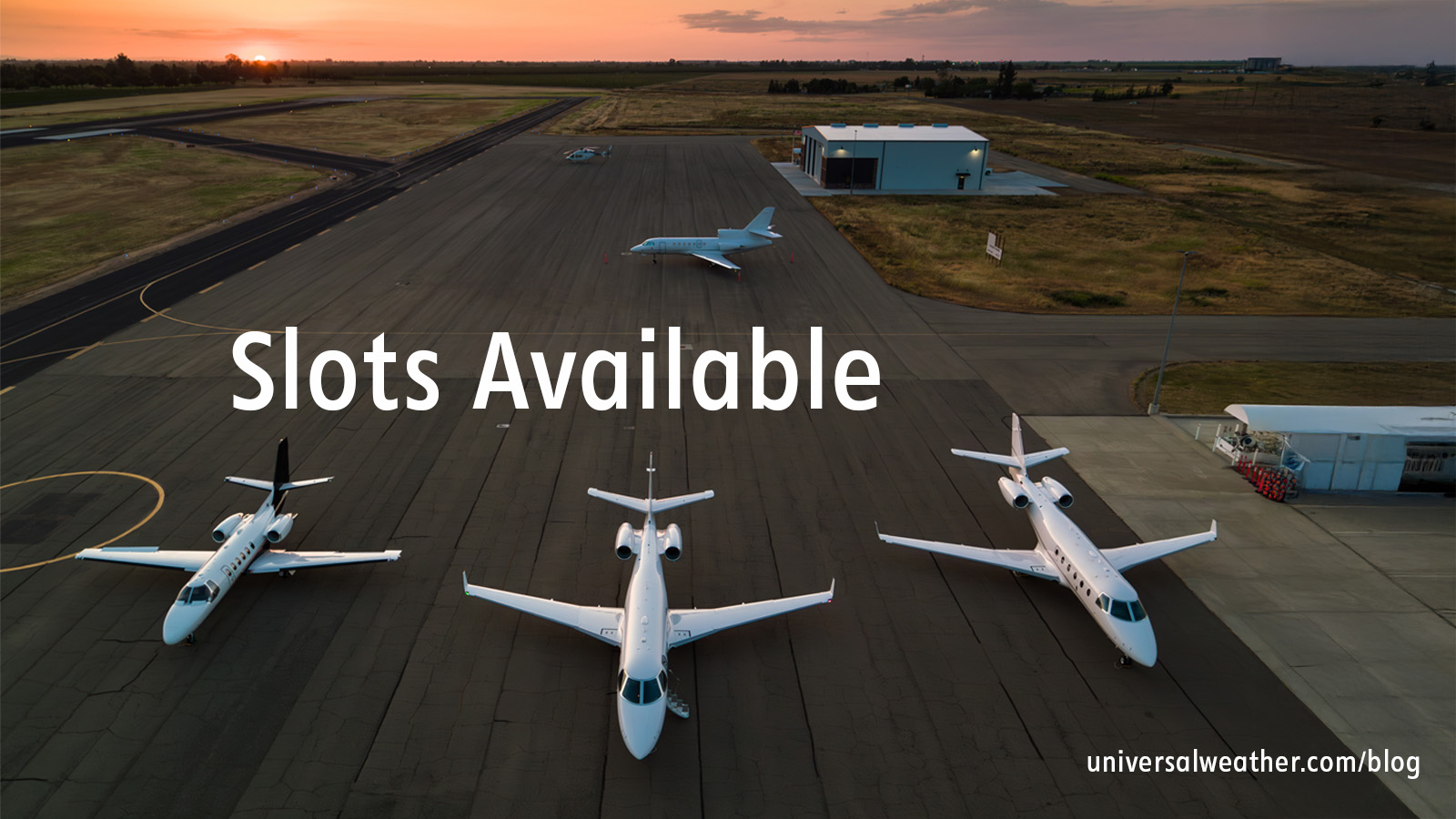4 Must Knows about Requesting Airport Slots in Brazil


This business aviation blog post is part of a series on operating to Brazil.
The airport-slot process in Brazil has unique elements, and it’s important to understand how the system works when planning business-aviation flights. Airport slots will not be confirmed until relatively close to your time of arrival and departure, so you’ll need to consider options if requested airport slots are not available. Your 3rd-party provider can assist in finding workable airport-slot solutions.
Here are four things you should know before requesting airport slots in Brazil:
1. Airport slots are required for specific airports — and only available 25 hours prior to arrival
Airport slots are required at Congonhas, Sao Paulo, Brazil (SBSP), Florianopolis, Brazil (SBFL) and Curitiba, Brazil (SBCT) and may be needed at Brasilia, Brazil (SBBR) and Porto Seguro, Brazil (SBPS) during high-traffic or event periods. Airport slots are only available (released) online 25 hours prior to your Estimated Time of Arrival (ETA) and you will only be able to request slots within this period. In Brazil, airport slots are controlled by the Department of Airspace Control.
2. Your local ground handler will handle the airport slot application process
Airport slot requests are usually made through a ground handler who will obtain slot reservations via Web site. When operating a non-Brazilian-registered aircraft domestically within Brazil, your ground handler will need a copy of your domestic overflight permit (AVANAV), airworthiness, registration, a firm schedule, and your tail number in order to request the airport slots. This is the case whether or not you are operating as a private non-revenue or charter (non-scheduled commercial) flight. For tech stops, your ground handler will only require airworthiness and registration, firm schedule, and tail number.
3. Airport slot validity time is -/+ 15 minutes
Airport arrival and departure slots in Brazil have a deviation of -/+ 15 minutes. For arrivals only, some flexibility in airport slot deviation is allowed at ATC’s discretion.
4. You have backup options if airport slots aren’t available
Options differ depending upon whether you’re arriving or departing. For departure only, if no airport slots are available, you may request an ‘opportunity slot’ and wait for the first opening that comes up after someone cancels a flight. To request an opportunity slot, the pilot or certified dispatcher must go to ATC in person. Requests cannot be made by phone, fax or e-mail. For arrival, if your requested airport slot is not available, you may have to change your flight plan for the appropriate airport slot provided, or you may have to file a flight plan to another city near the location desired and, while airborne, ask ATC for authorization to land using an opportunity slot.
Conclusion
Understanding unique aspects regarding airport slots, and obtaining “opportunity” slots if regular airport slots are not available, will help facilitate operational flexibility within the Brazilian operating arena. While airport slot procedures may at first seem complex, Brazilian airport slots are actually quite straightforward to obtain and revise once local procedures are understood.
Questions?
If you have any questions about this article, contact me at andrecamargo@universalaviation.aero.
Next week, we’ll discuss flight permits in Brazil.



